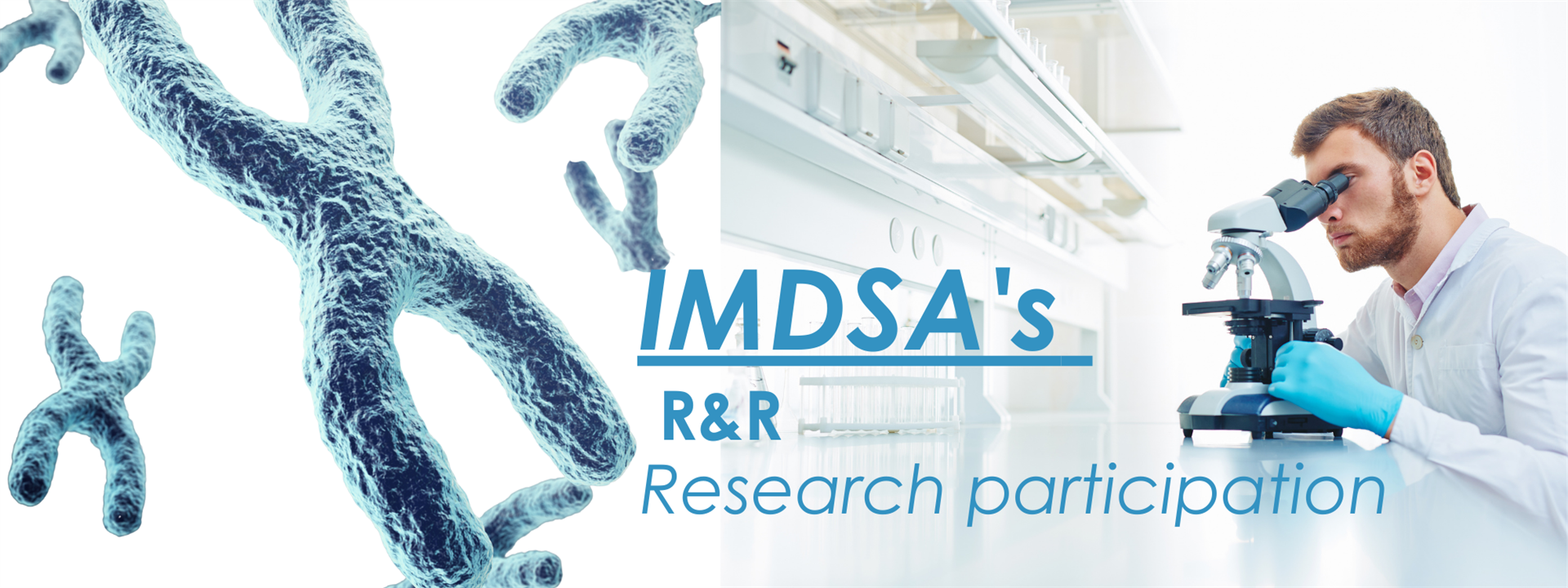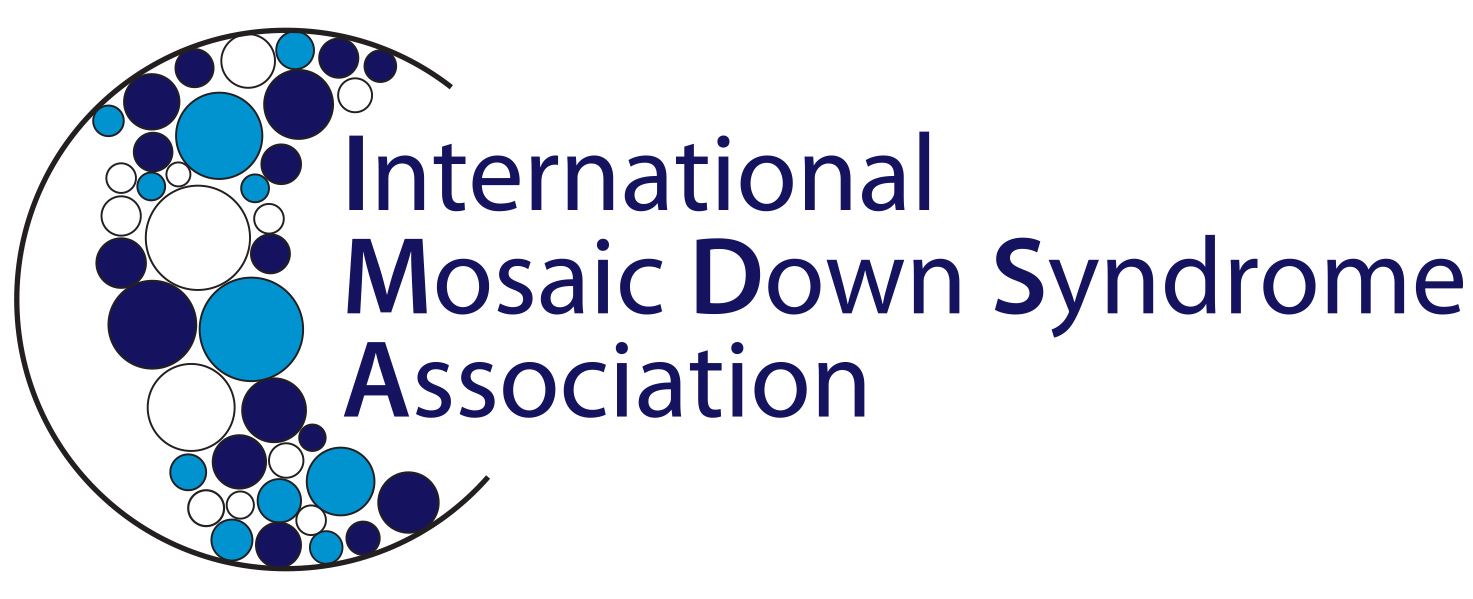
Researchers will be available to meet with self-advocates and parents throughout the conference, with an option to schedule personalized appointments throughout the R&R weekend to answer your specific questions, listen to your suggestions and experiences related to mosaic or non-mosaic Down syndrome.
To get more information about the researchers that will be attending the Research and Retreat weekend, see below.
If you are interested in participating in research during the conference, you can indicate your interest by checking the box on the registration form indicating your interest in research participation.
*Please note participation in research is optional and free of charge. *
To sign up for research appointments, please be on the lookout for a follow-up confirmation email shortly after completing the research participation registration form. That email will contain a link to SignUpGenius where you can schedule your research appointments at times that best fit your family’s schedule. The link is located at the bottom of the email.

Research Study: Longitudinal study on Mosaic Down Syndrome
Researcher: Colleen Jackson-Cook, PhD
Study Description
The goal of this research is to better understand the health and development problems people with
mosaic Down syndrome or Down syndrome might experience. In this study, we will compare biological patterns
and health traits from people of different ages. We will also compare patterns from the same person over time (for
example, at age 1 and age 5; or age 5 and 20, etc). We are especially interested in collecting new specimens and
data from people who have previously participated in our study.
What will I do if I participate in this new longitudinal (follow-up over time) study?
1. Discuss questions/concerns you may have
2. Have your face, hands, and appearance reviewed by a genetics doctor
3. Complete a health and lifestyle questionnaire about you/your child
4. Provide photos of you/your child from infancy to their current age
5. Decide if you want to include your/your child’s data/specimens in a research repository and/or registry.
6. Have the inside of both cheeks rubbed with a toothbrush
7. Have blood collected (about 2 ½ tablespoons)
We expect that it will take about 45 minutes to complete the activities for this study. You can elect to
participate at an IMDSA Research and Retreat conference or participate remotely. If you are interested in joining,
we can discuss how the remote or on-site specimen collection processes work.
What will I receive from participating in this study?
1. A report of the percentage of trisomic cells present in the specimens you provide (blood and/or cheek)
2. A $30 gift card
How can I learn more about this study?
If you would like to learn more about this research project, you can contact Dr. Jackson-Cook via email or by
phone. She would be happy to tell you more about the project. She will also provide information about the study
at the IMDSA annual retreat.
Research Study: A study on reading skills in individuals with Down syndrome and Mosaic Down Syndrome
Researcher: Susan Loveall-Hague and Emma Conradi
The University of Alabama and the University of Nebraska are conducting a study on reading skills in individuals with Down syndrome, and we are looking for adolescent and young adults with Down syndrome to participate! With your help, we can better understand reading abilities, including both strengths and weaknesses, in this population.
This study is looking for individuals with Down syndrome or mosaic Down syndrome ages 9-18 years old. Participants will complete reading, language, and cognitive assessments. This will be broken up across two 1.5-2 hour sessions at the conference. Also, parents/primary caregivers will complete a background questionnaire.
What will I receive from participating in this study? Families will earn a $40 gift card for participating.
This study is funded by National Institutes of Health grant R15HD096456.
____________________________________________________________________________________________________________________________
Research Study: DS360 Project: This is a nationwide research study, based at Emory University. The goal is to study all clinical conditions that occur in each unique individual. This information will help answer why some individuals have more serious medical outcomes due to the extra chromosome 21.
Researcher: Tracie Rosser, PhD, Project Director, Emory University School of Medicine
What are you trying to learn?
We combine information from interview questions, medical records, and laboratory data to:
• Understand what causes the extra chromosome 21 to be present
• Identify why some children with Down syndrome are more likely than others to have certain medical problems.
What does the study involve?
• A 45-minute interview with mom on health-related topics
• Permission for medical record review to note medical problems related to Down syndrome.
• LATER: A blood or saliva sample on parents and their child with Down syndrome to obtain DNA for study.
For participants between the ages of 6-40:
· We will ask you to complete several written or online questionnaires that ask about the everyday skills and behavior of the participant with Down syndrome.
What will I receive from participating in this study?
$20 dollar gift card.

